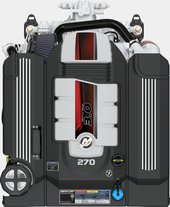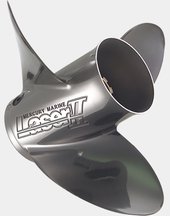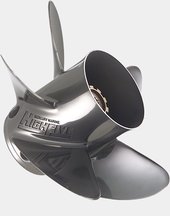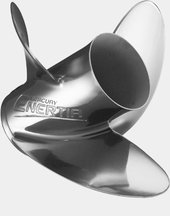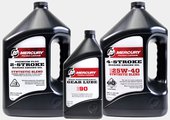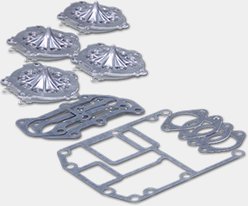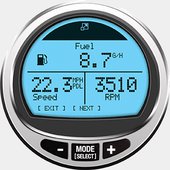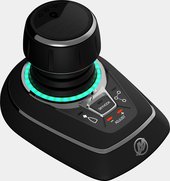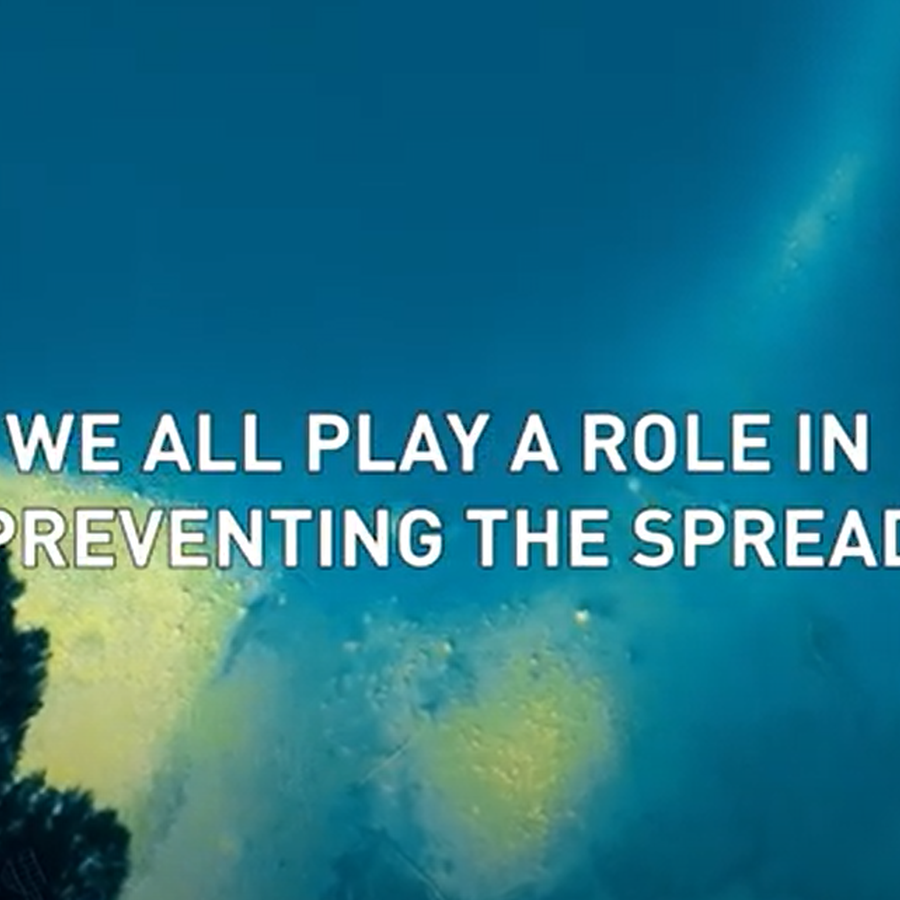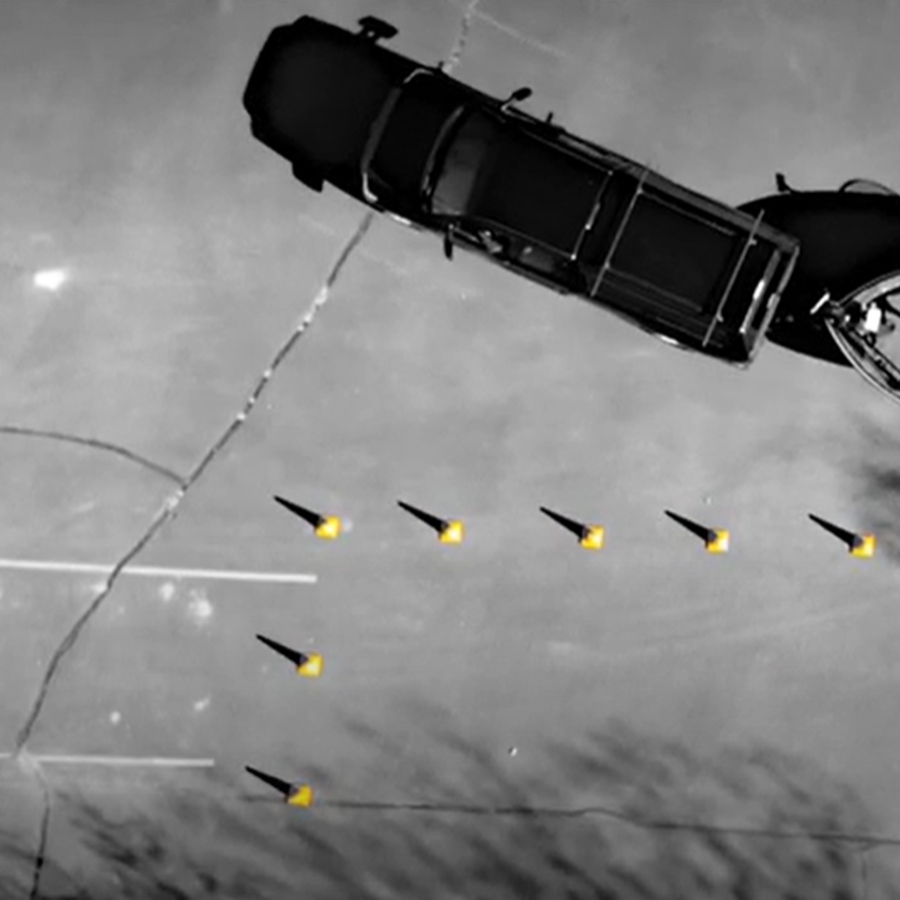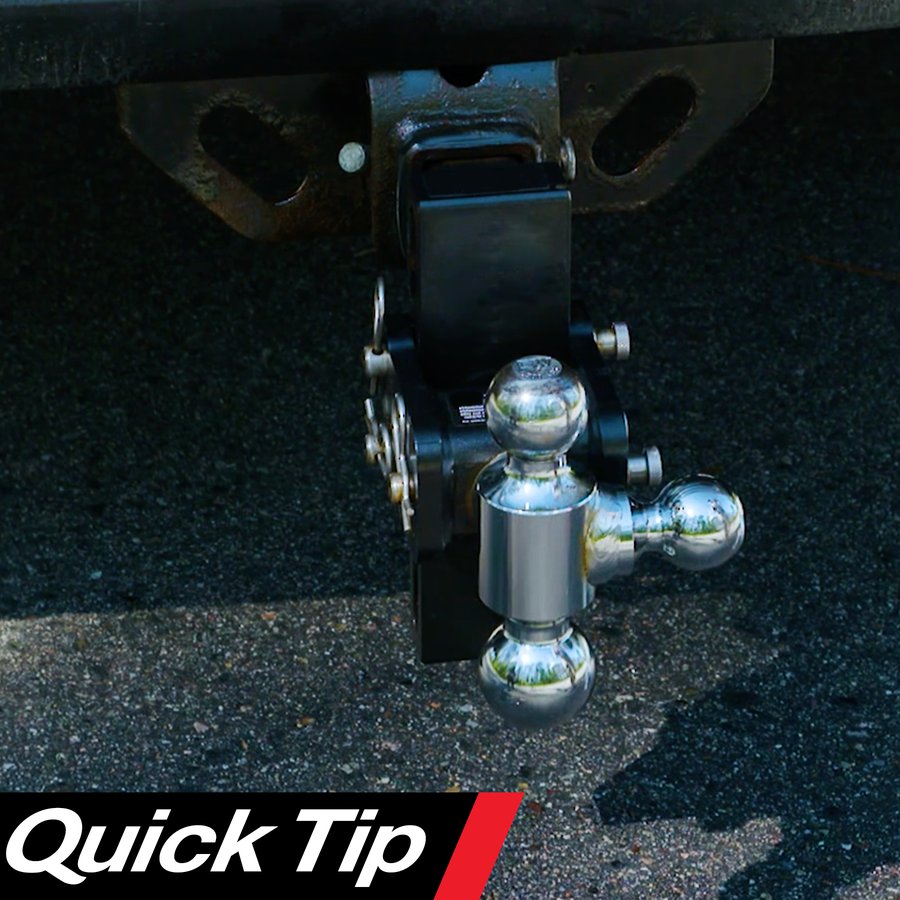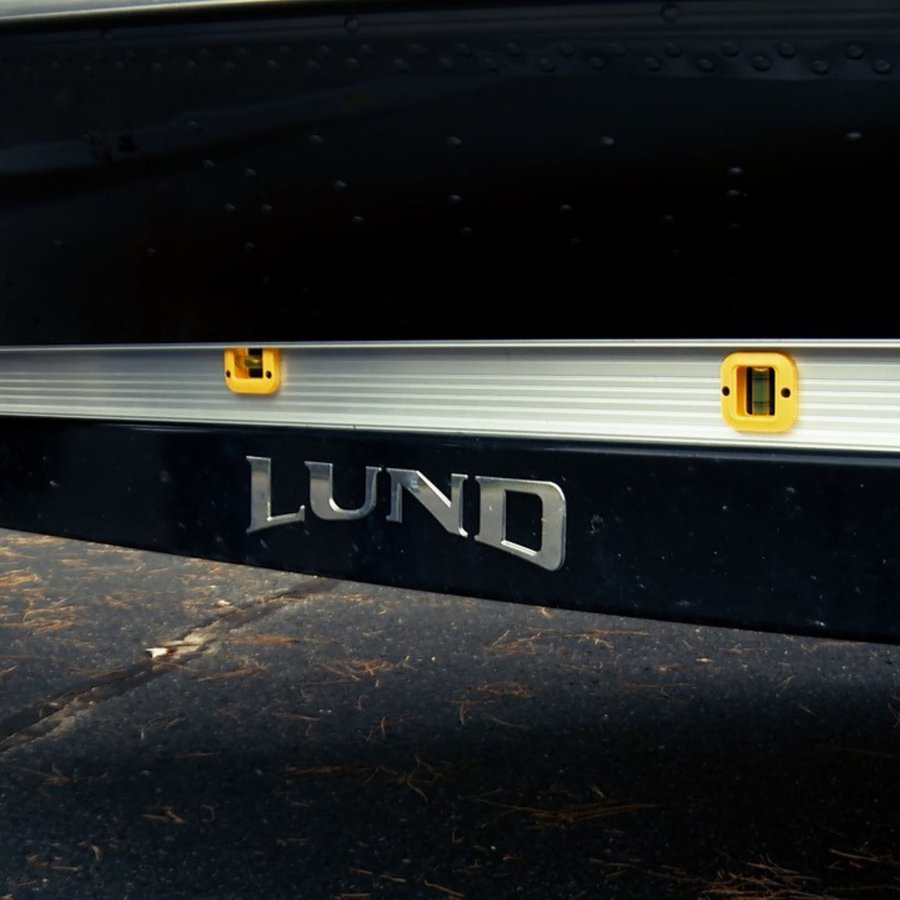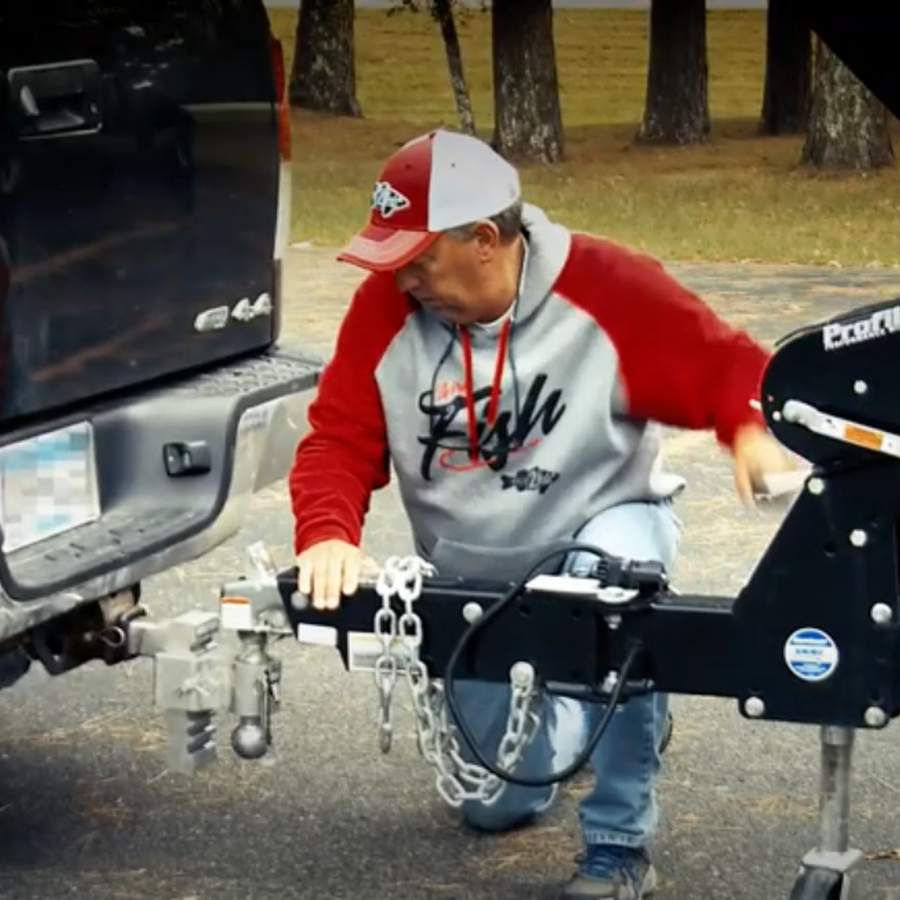For many boaters, the most intimidating part of boating is something that takes place mostly on dry land: backing the boat trailer down the ramp.
The mere thought of taking their turn at a busy public ramp on a sunny Saturday morning, while everyone around is impatient to go catch some fish or get to the sandbar, conjures fear and apprehension for the poor soul who might take two or three deliberate tries to get the truck and trailer into position to launch the boat. Every failed try amps up the nerves even further, causing more mistakes, and leaving the boater feeling embarrassed and frustrated before the day on the water even begins.
But here’s a little secret: We were all in that very same position at some point — every single boater on the water.
There’s no shame in being in those sweaty shoes today, and fear not: there are plenty of ways to improve your trailer backing skills rather quickly. All it takes is a little practice and a basic understanding of how to get the trailer to go where you want it to go.
In this video, Barry Stokes former host of Let's Fish TV shares an excellent tip for determining which way to turn the steering wheel when the boat starts to drift off the intended path while backing up. It’s simple but highly effective, and it will give you a solid fundamental principle you can lean on every time you need it.
And if you really want to hone your skills, find a big empty parking lot or an open field and practice. Use a parking space or even a couple of buckets to simulate the edges of your ramp, and back into it over and over. Once you master doing it straight on, try backing in from longer distances and from odd angles. Purposely let the trailer get far out of alignment to learn how to recover. If you have a more seasoned boater, who can come along and coach you, great. But don’t be afraid to go it alone, and many find the solo approach more relaxing and instructive. Just be careful and don’t get in a hurry. It costs nothing, it’s pressure-free, and you’ll be shocked by the amount of confidence and skill you can gain in a couple of half-hour sessions.
Passersby might find your maneuvers a bit odd, but who cares? Would you rather iron out your mistakes and get a good feel for your rig in front of those random strangers, or do it in front of the judgmental I’ve-been-doing-this-since-I-was-10 folks at the ramp? Don’t worry; with a little practice, the ramp will soon be an easy and stress-free part of your day.
Boat Ramp Tips:
- Drain plug, drain plug, drain plug. Create a routine and stick to it, so you never have to worry about whether the plug is in as your boat is sliding off into the water. Consider implementing a ‘plug is out’ reminder, such as a carabiner on the steering wheel, that will be right in your way if you try to launch without putting the plug in.
- While you’re waiting in line, get your boat ready by releasing your transom tie-down straps (also an excellent time to double-check that the plug is in!). You should arrive with your docklines and fenders already easily acceptable, but now it’s time to get them tied on and ready for docking once you’re off the trailer. Bear in mind that you may not know which side you’ll be docking on, so it’s good practice to put lines and fenders on both sides. This will reduce your stress level during the launch itself and save time for you and everyone behind you.
- Once you are in position and ready to launch the boat, set your parking brake. Don’t trust the Park selection of your transmission to keep thousands of pounds of truck, trailer, and boat from creeping down the fairly steep incline of the ramp.
- If you’re standing around the launch and not otherwise engaged, be a good neighbor. Don’t be pushy, but an offer to catch a line or hook the winch to the bow eye for someone is usually appreciated. Remember, we’re all in this together.
- The safety of your passengers, fellow boaters, and you are more important than anything else. No matter what kind of experience you’re having on the ramp, don’t get pressured into going faster than you are comfortable with, or launching before you are ready. Accidents happen when you get in a hurry and forget your mental checklist.
Want to learn more about this trailering? Continue on by watching this informative YouTube video!
Editor's Note: This blog was originally published in November 2019 and has been completely revamped and updated for accuracy and comprehensiveness.




